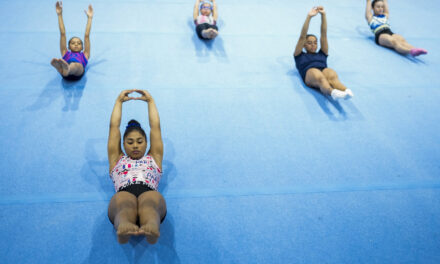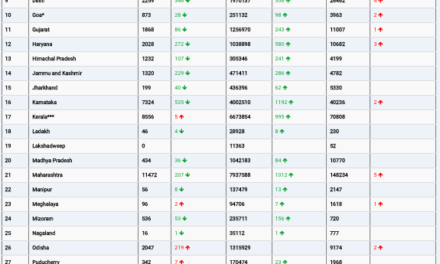August 11, 2024 — A recent study from the University of California, Riverside (UCR) challenges long-held beliefs about calorie restriction and exercise. Published in Physiology & Behavior, the research shows that cutting calories doesn’t necessarily diminish motivation for physical activity in mice, offering new insights that could impact both wildlife conservation and human health.
The study, led by UCR biologist Theodore Garland, Jr., aimed to explore how calorie reduction affects voluntary exercise. Researchers tested the impact of reducing calorie intake by 20% and 40% on two groups of mice: regular mice and “high runner” mice, which are bred for their propensity to exercise. Surprisingly, the findings revealed that calorie restriction did not significantly reduce the distance the mice chose to run.
In a controlled environment, researchers first established baseline running activity for the mice over three weeks. They then reduced the mice’s caloric intake for one week by 20%, and subsequently by 40%. Despite these reductions, the high-runner mice only showed an 11% decrease in running distance with the 40% calorie cut, while regular mice maintained their daily running distances.
Garland noted, “Voluntary exercise was remarkably resistant to reducing the amount of food by 20% and even by 40%. They just kept running.” This behavior is attributed to the “runner’s high,” a phenomenon where exercise increases dopamine and cannabinoid levels in the brain, making running a self-rewarding activity.
Interestingly, the study also found minimal changes in body mass with a 20% calorie reduction, and only a modest decrease with a 40% reduction, aligning with typical human weight loss during dieting. Garland commented, “People often lose about 4% of their body mass when they’re dieting. That’s in the same range as these mice.”
The implications of this research extend beyond animal behavior. Understanding why voluntary exercise and body mass remain relatively stable despite calorie restriction could be crucial for both wildlife conservation efforts and human health strategies. As Garland pointed out, “There has to be some type of compensation going on if your food goes down by 40% and your weight doesn’t go down very much. Maybe that’s reducing other types of activities or becoming metabolically more efficient.”
For those concerned about the effects of dieting on their exercise routines, Garland’s findings offer reassuring news: “We don’t want people on diets to say, ‘I don’t have enough energy, so I’ll make up for it by not exercising.’ That would be counterproductive, and now we know, it doesn’t have to be this way.”
Future research will further investigate how calorie restriction influences voluntary exercise and metabolism, providing deeper insights into how both humans and animals adapt to changes in food availability.












